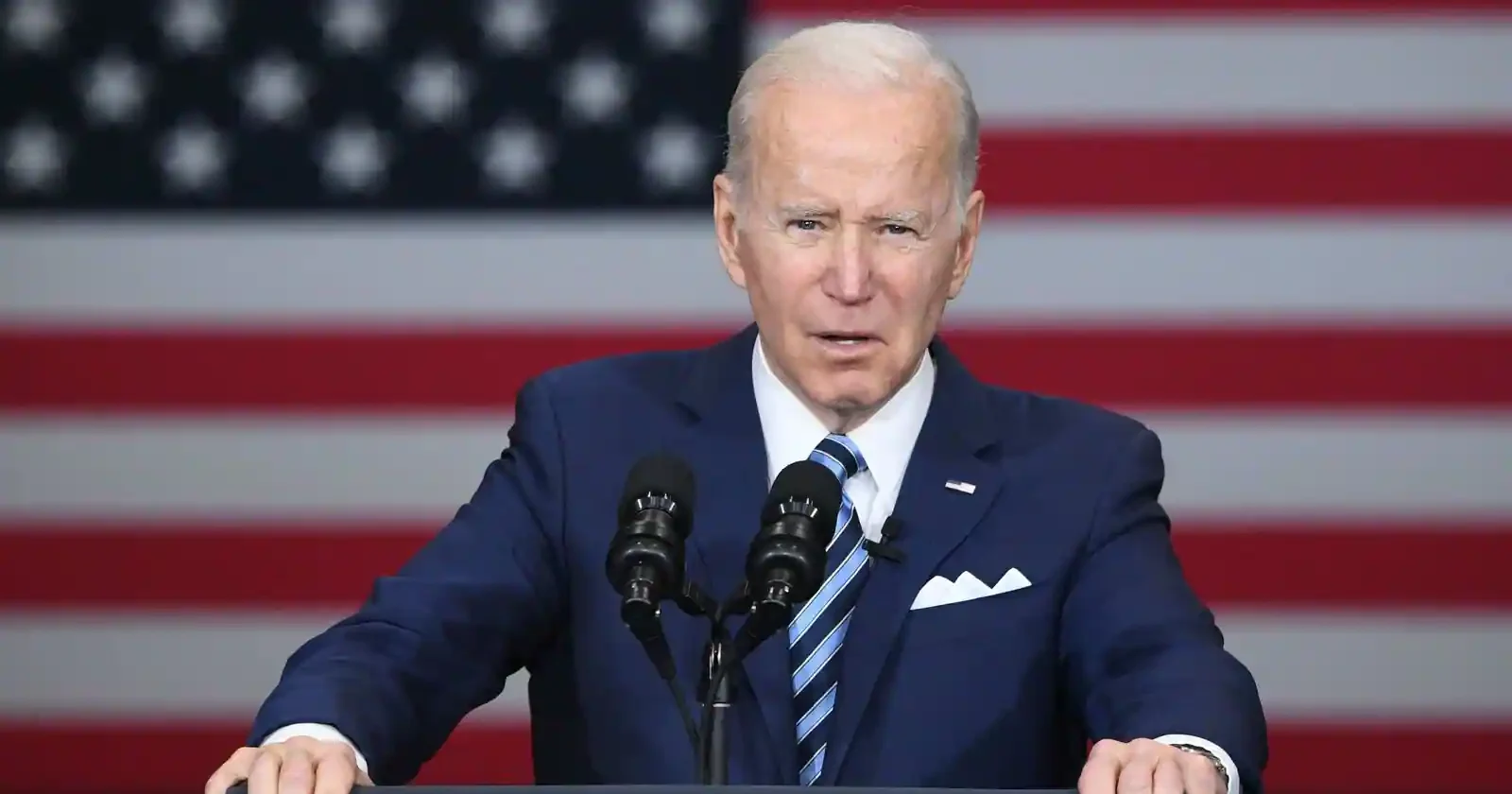
Washington: US lawmakers voted Wednesday to raise the national borrowing limit as a crucial first step to averting a catastrophic default, greenlighting a pact struck between Washington’s warring parties after weeks of brinkmanship and fraught backroom deal-making.
Hammered out between Democratic President Joe Biden and the Republicans in the House of Representatives, the measure suspends the debt ceiling through 2024, slightly cutting government spending next year. Passing the Fiscal Responsibility Act is a crucial first step for putting America back on track’, said Speaker Kevin McCarthy, the top Republican in Congress. ‘It does what is responsible for our children, what is possible in divided government, and what is required by our principles and promises’.
Biden hailed the 314-117 vote as a ‘critical step’ to protecting the country’s post-pandemic economic recovery that had been achieved through ‘bipartisan compromise’. The drama capped a tense few days on Capitol Hill, with the Treasury expecting to run out of the money as soon as Monday. The Republican majority in the House needed help from dozens of Democrats to fend off a right-wing rebellion — 71 conservatives voted no — and advance the deal to the Senate, which is expected to follow suit by the end of the week.
McCarthy’s lieutenants had spent the final hours frantically whipping votes, as senior Democrats vowed that their members would put the nation’s finances above the temptation to give the opposition a bloody nose. ‘The consequences of slipping past the deadline would reverberate across the world and take years to recover from’, Chuck Schumer, the leader of the Democratic-led Senate, warned ahead of the lower chamber’s vote. Remember, a default would almost certainly trigger another recession, send costs soaring, kill millions of jobs — hardworking people thrown out of work through no fault of their own’.
The nonpartisan Congressional Budget Office estimates that the proposed spending limits for 2024 and 2025 would trim nearly $1.5 trillion from projected federal budget deficits over the next decade. The total debt is more than $31 trillion. The vote was the result of weeks of on-off talks between the McCarthy and Biden teams, with Democrats accusing Republicans of holding the economy ‘hostage’ by insisting on spending cuts to accompany the hike in the borrowing cap. Fiscal hawks on the right of Congress have accused the White House of pushing unsustainable spending programs and say negotiating the future budget must be a condition of hiking the limit, which covers debts already incurred.
The high drama seen in recent debt ceiling and budget fights was absent however as House Minority Leader Hakeem Jeffries had been open that his members would provide enough votes to ensure the bill was never in danger. But it was a high wire act for McCarthy, whose job would have been on the line had the majority of his members rejected the pact, only to see it pushed through anyway. Securing 149 Republican votes — roughly two-thirds of his caucus — allows McCarthy to project strength in his bid to face down criticism from the Republican right, which has accused him of capitulating to the White House by not demanding steeper cuts. Some hardliners have openly mused about using a new power granted by McCarthy as part of his pitch for the speakership in January to call for snap vote to oust him.
House Democratic Whip Katherine Clark described the vote as a ‘ransom’ the Republicans had exacted by offering Americans ‘devastating cuts or we lose eight million jobs overnight’. ‘It’s hard to take in because it is so cartoon villain-like. But unlike a cartoon, the American people won’t snap back up when you drop that economic anvil on their head’, she said. The bill will need 60 votes in the 100-member Senate, and party bosses urged their members to cooperate on a swift rubber stamp vote that they are hoping to hold as early as Thursday evening.
Defense hawks have voiced concerns over a $886 billion cap on defense spending, the amount Biden requested. Meanwhile senators Jeff Merkley and Bernie Sanders — a Democrat and an independent who votes with the party — released separate statements saying they could not ‘in good conscience’ back a bill cutting key federal programs while increasing military spending and demanding no extra tax dollars from billionaires. Republican Senate leader Mitch McConnell, who largely deferred to McCarthy in the negotiations, will be expected to provide at least a dozen votes, with most of the 51-member Democratic majority locked in.

Post Your Comments